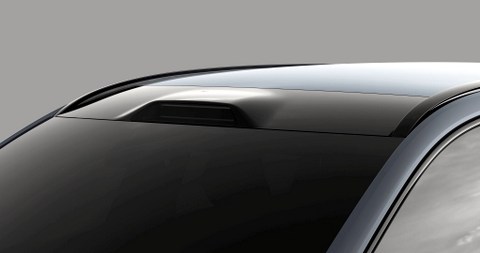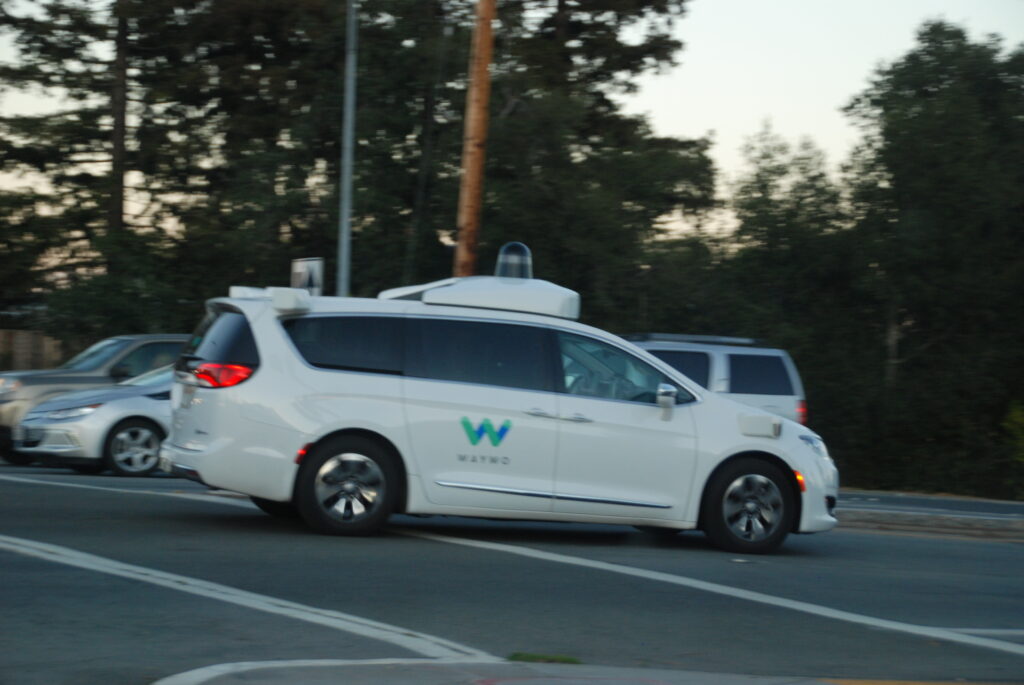Autonomy and Personal Responsibility
This article may contain affiliate links.
Individuals driving under the influence are one of the most common causes of automotive accidents and fatalities in the world, second only to distracted driving. These tragic statistics are fuel for the fire, pushing automotive manufacturers toward creating fully autonomous vehicles.
How do DUI laws apply if you’re not actually the one driving the car? Let’s take a closer look at how DUI laws will likely adapt as self-driving cars become more mainstream.
Levels of Autonomy
First, let’s briefly define the different levels of autonomy to better understand how they will impact DUI laws in the future.

- Level 0 represents the majority of cars on the road today with total driver control without assistance.
- Level 1 introduces minor forms of driver assistance, like lane-keeping and cruise control.
- Level 2 is where we find Tesla’s Autopilot and GM’s Super Cruise, offering partial driving automation, but the driver still needs to be ready to take over.
- Level 3 allows the vehicle to handle most of the driving, but still needs a human backup.
- Level 4 is almost totally autonomous, though it will likely still have a steering wheel.
- Level 5 is fully automated, and requires no human intervention.
Defining a DUI
Roughly one-third of all deaths from traffic fatalities involve drunk drivers. How do states define what qualifies as a DUI?
DUI is a blanket term but it isn’t used universally. Some states or districts will use other acronyms like DWI— driving while impaired—or OWI—operating while intoxicated. In California, there’s a law called Vehicle Code 23152 that dictates safe driving standards regarding the use of impairing substances, such as alcohol and other drugs. If a person has a blood alcohol level of 0.08 percent or more, it is illegal for him or her to drive.
The acronym varies, as do the definitions, but in general, operating a vehicle under the influence of any inebriating substance, from alcohol to marijuana, from prescription drugs to illegal ones, constitutes a DUI. Drivers can even be charged with DUI while sitting in an unmoving car with the keys in the ignition.
Navigating Uncharted Waters
As we move into the realm of self-driving cars, we’re navigating uncharted waters, at least when it comes to charging someone with a DUI—at least once we reach full autonomy.
Currently, with Level 2 and 3 autonomy, standard DUI laws will apply because the driver has to be ready to take over driving at any given moment. Once we reach Level 4 autonomy, things will get a little muddier.

Level 4 means that it will be more difficult to prove that someone was actually in control of the vehicle while under the influence. It’s too early to speculate how lawmakers will handle these cases, but the most likely scenario is that these vehicles will come equipped with sensors that detect when the driver’s hands are on the wheel.
If lawmakers can prove that the driver was in control under the influence, even if the vehicle is autonomous, they’ll be able to make a DUI charge stick.
Once we reach Level 5 autonomy, this will likely be a moot point because the vehicles won’t be designed for any human interaction beyond inputting a destination. At that point, it becomes no different from drinking in the back of a limo on your way to a party while the chauffeur transports you safely to your destination. (Ed. note—you could run afoul of the law, but it won’t involve driving the vehicle.)
The Future of Self-Driving Cars
Whether we like it or not, self-driving cars are the wave of the future. It will be up to lawmakers to figure out how they’re going to navigate these uncharted legislative waters while we work toward the fully autonomous vehicle that we’ve been dreaming of for decades.
Story by Martin Banks
Make sure to opt-in to the Clean Fleet Report newsletter (top right of page) to be notified of all new stories and vehicle reviews.
More Autonomous Vehicle News
Tech: How Foolproof is Tesla’s Autopilot?
News: Volvo Cars To Add Liminar Lidar in Move to Self-Driving
News: Autonomous Driving Evolves in Vegas
Interview: Toyota & Lexus: Autonomous Driving Advancements
Elon Musk on the Near Future of the Autonomous Car
News: Autonomous Cars and Connected Mobility
Analysis: The Impact of Self-Driving Cars on Fuel Consumption
News: Driverless Cars Could Save the US $784 Billion

9 thoughts on “Opinion: How Will DUI Laws Adapt to Self-Driving Cars?”